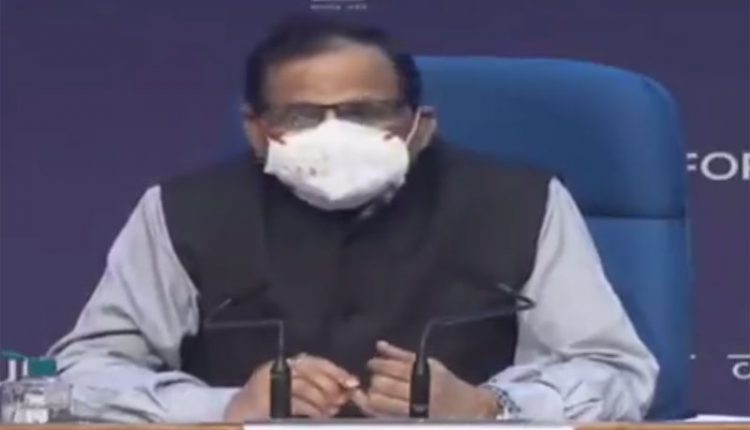The way forward is to constantly watch and detect its potential presence and growth in the country: Member (Health), NITI Aayog
New Delhi / Mumbai
In the context of the public discourse regarding detection of new variants, Member (Health), NITI Aayog, Dr. VK Paul has reminded the public that the newly detected Delta Plus Variant is not yet classified as a Variant of Concern. “The present status is that yes, a new variant has been found. This is as of now a Variant of Interest (VoI), not as yet classified a Variant of Concern (VoC). VoC is one in which we have understood that there are adverse consequences to humanity, which could be due to increased transmissibility or virulence. We do not know at this moment this about the Delta Plus variant.” Dr. Paul stated this, while addressing the COVID-19 Media Briefing at National Media Centre, PIB Delhi earlier this week.
The Way Forward: Watch, Detect, Respond
The way forward is to watch for its potential presence in the country and take the appropriate public health response, says Dr. Paul. “We need to watch the effect of this change, this variant in a scientific manner; this has been found outside our country. We need to monitor it through The Indian SARS-CoV-2 Consortium on Genomics (INSACOG) in order to assess and detect its potential presence and growth in our country. This is the way forward in relation to the virus.” Dr. Paul also mentioned that this will be an important area of future work for our comprehensive system of almost 28 laboratories. The system will constantly watch this and study its significance. This is something which science should and will watch and understand, added Dr. Paul.
“No Precision Weapon to Shoot the Variants Away”
The NITI Aayog Member said that this variant is a reminder to us about the importance of infection control and containment measures and behaviour. “Remember that there is no way that we can shoot these variants away, to use any precision weapon to ensure that they don’t appear in future. What we need to do is to monitor, understand their behaviour and mount an appropriate response, being conscious of their effects on us. The appropriate response includes the same principles, namely containment measures and COVID appropriate behaviour.”
He spoke of the importance of addressing the root cause and breaking the chain of transmission. “One of the important tools to tackle any new variant is by following COVID Appropriate Behaviour. The root cause is the chain of transmission. So, if we are able to address the root cause and break the chains of transmission, we will be able to contain the spread, whichever the variant may be.”
Errors in Replication can lead to emergence of Variants of Concern
Explaining the origin of the Delta Plus variant, Dr. Paul said: “During the second wave, Delta variant – B.1.617.2 exhibited its effect; its higher transmissibility played a major role in making the wave intense. Along the same line, an additional mutation has been detected, which has also been submitted to the Global Data System. This has been referred to as the ‘Delta Plus’ or ‘AY.1’ variant. The variant was observed in Europe in March and has been notified and brought into public domain on June 13, just two days ago.”
He went on to explain that mRNA viruses are particularly predisposed to errors in their replication. When errors in replication of their RNA happen, the virus acquires a new character to a certain extent. “At times, it could be significant from the point of view of the disease, it could be in a region such as the spike protein through which the virus attaches to cells in the body. So if that part becomes smarter than the previous version, it is to our disadvantage. So we are worried about such variants.”

